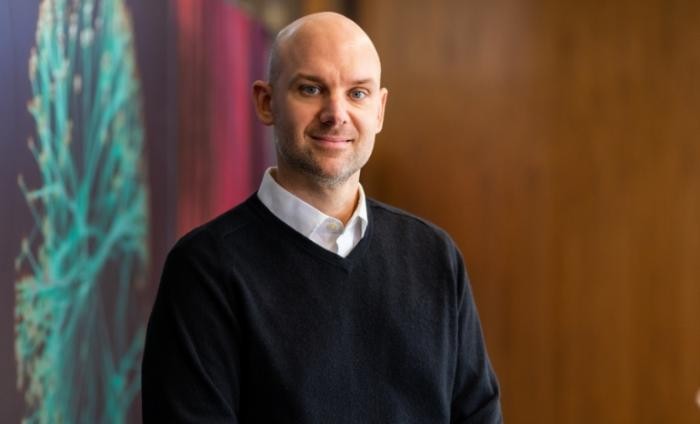
UCL School of Management Associate Professor Anthony Klotz has recently featured in an article from the Los Angeles Times exploring the latest trends facing the workplace in the post-pandemic era. From ‘The Great Resignation’, a term Anthony coined himself to describe the mass resignations happening in companies across the globe, to quiet quitting and coffee badging, the article examines the impact of these phenomena on employees and what they can say about a particular workplace.
An Associate Professor in Organisational Behaviour, Anthony’s primary research involves investigating the different ways that employees resign and the causes and effects of different resignation styles. In 2021, he predicted a wave of resignations that would follow the initial shock of the pandemic, which he referred to as ‘The Great Resignation’. Discussing the movement behind this workplace phenomenon, Anthony notes, “There was this pressure that the economy was going to reopen, and everybody was going to get back to life as it was. It gave people something to grab on to and feel like, ‘I’m not alone.’”
Not only did the phrase become a viral hit, it also led to a series of work-related expressions that captured employee dissatisfaction in the years following the pandemic. For those who weren’t able to resign from their jobs, quiet-quitting became their solution. Rejecting hustle culture mentality, quiet-quitters are no longer prepared to go above and beyond for companies that they feel do not appreciate them, opting instead to simply perform the duties of their job description and finish on time.
The LA Times article also explores the newly-popularised term ‘coffee badging’, which describes a process whereby employees attend the office to meet their in-office mandate, but spend as little there as possible. In essence, employees collect their coffee and go. Other viral workplace phrases include ‘bare minimum Mondays’ and polyworking, the idea that employees are learning how to manage multiple jobs at once.